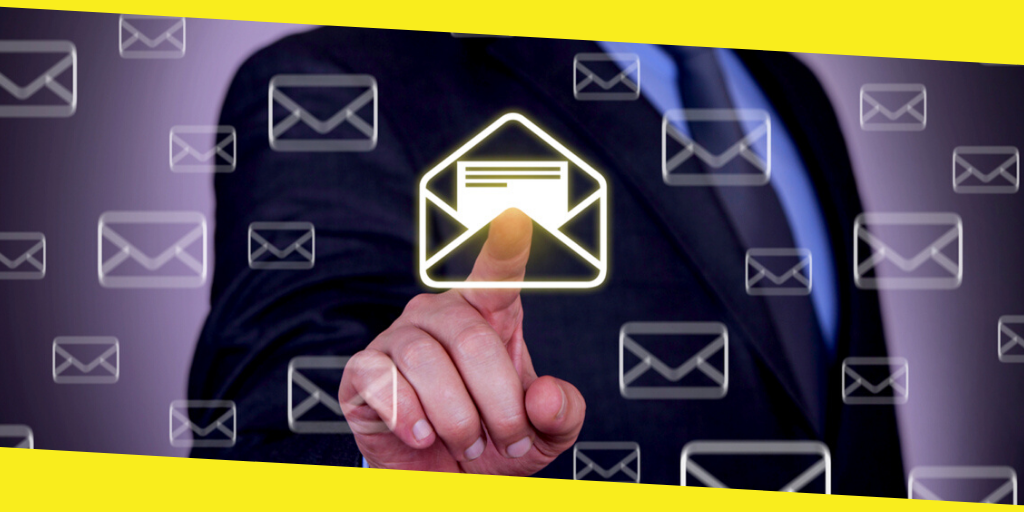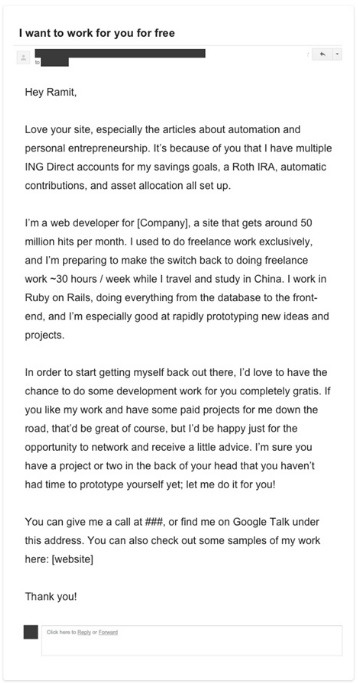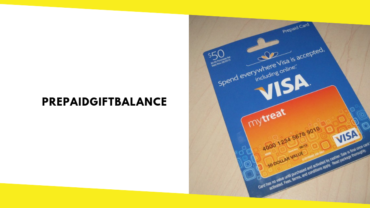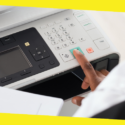How to Master Business Email Etiquette: The Essential Guide

If you want to be perceived as a professional, it’s crucial to master the skill of communicating properly in the business environment. And that, of course, includes emails.
The following email etiquette tips will help you compose emails that are efficient and keep your online reputation intact.
Tip #1: Add a small but respectful introduction
There are many situations in which you might need to introduce yourself via email. Those include writing to new contacts, potential customers, partners, and employers. In any case, you need to sound confident and competent. That’s why it’s better to avoid such laid-back expressions like, “Hi folks,” or “Hey guys.” The most common practice for the sender is to introduce themselves by the first name (sometimes, it can be both the first and last names) with some background information at the beginning of the email. For instance, “Dear Mr. Perry, My name is Andria Nikson, Director of Marketing. I was referred to you by xxx.”
Tip #2: Write on important things
Don’t beat around the bush if you value the recipient’s time. Also, focus on what the reader is looking for and omit everything else. This is especially relevant at a time when many of us read emails using mobile devices, so it takes longer to scroll down.
Tip #3: Avoid jokes and personal issues
Humor does not always translate well via email. While your co-workers who know you well might “hear” your voice when reading your jokes in emails, other people, who never met you, won’t. Chances are they will even take your words as sarcasm. Experts say that jokes in business communications can make you look less competent. Besides, as a rule, they don’t have any significant effect on how friendly you seem.
Be sure to leave your personal issues out of business emails as well.
Tip #4: Respect every culture
Different cultures have different email etiquette. Those differences may be related to the word choice, tone, and even response times you can expect. So, if you need to write an email to a person from another country, take the time to learn more about their cultural sensitivities. This will increase your chances for smooth communication.
Once you google business email etiquette in Korea, you’ll find out that Koreans typically start their message with a general observation (for example, the weather) and only then get to the point. A typical business email might look like, “Dear Mr. Hunju Lee. This is Marta Kaufman. The rainy season in Korea is now upon us. I hope you have a big and firm umbrella. I’m getting in touch regarding xxx.”
In Japan, it would be impolite to introduce yourself without the involvement of a mutually respected third party. Cold emails are usually ignored, blocked, and deleted.
Tip #5: Don’t ask for help directly
We all need help sometimes. But it’s impolite to ask directly. Of course, there are lots of phrases that you can use to soften your request (for instance, “Could you give me a hand with this?” or “I wonder if you could help me with this?”). However, it’s a nice idea to add some value for the recipient first. When you look at the example below, you’ll see that the sender wants to get a job, but he doesn’t beg to hire him. Instead, he compliments the recipient and shows the benefits of working with him.

Tip #6: Use an email signature professionally
Don’t end your business email with “Sent from my iPhone.” Never. Instead, opt for a sign-off that’s professional, yet functional. This could be a neat, engaging, and simple email signature that includes your job title, company website, social media accounts, phone number, and maybe even a picture of your face. If you want your email to look more legitimate and professional, be sure to avoid using too many colors and fonts, inspirational quotes, too many social icons.
Create business email signatures for you and the entire team with this Email Signature Generator.
Tip #7: Always respond to emails
Give a timely and polite response to each legitimate message addressed to you. If you need time to think about your answer, you can always take a second to write a reply letting the sender know that you received their email. And remember to inform the sender if the email got to the wrong hands.
Tip #8: Don’t postpone your answers for too long
We all have cluttered inboxes and tight schedules, so it’s not always easy to respond to emails immediately. But we should do our best to return emails as soon as possible. Otherwise, we risk being outperformed by our competitors who understand the importance of timely responses.
Although there is no specific time-frame for responding to email, keep in mind, the faster you get back to the sender, the more favorable of an impression you’ll make. If an email requires a short answer, try to reply as fast as you can. Longer answers might take you from 12 to 24 hours. If you can’t address the sender’s request in that time period, just inform them that you’ve already read their message and will get in touch by X time.
Tip #9: Don’t follow-up too early
A person is more likely to reply to your follow-up message when you are fresh in their mind. So it would help if you didn’t wait for too long. But at the same time, you shouldn’t come too persistent or even aggressive.
In most cases, giving the recipient two or three days to reply would be enough. If it isn’t your first follow-up to this person, then consider extending the waiting period by a few more days for each subsequent email.
Conclusion
Writing business emails is like any other skill: you improve by doing it. And if you’re mindful about what you write in every email you send, that will definitely reflect well on you as a professional.
Recommended For You
PrepaidGiftBalance – Check Visa or Mastercard Gift Card Balance
Most Inside
Most Inside offers high-quality recommendations and valuable updates to enhance all aspects of your life, providing premium guidance and enriching experiences.




